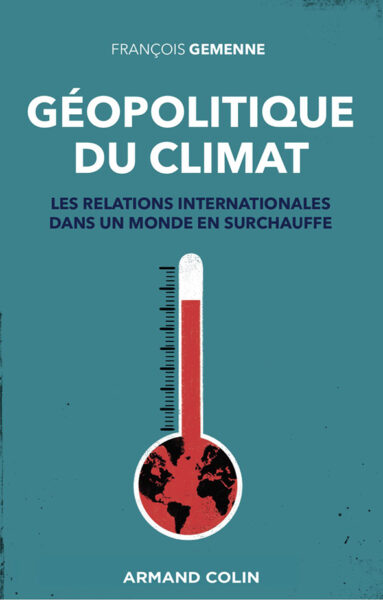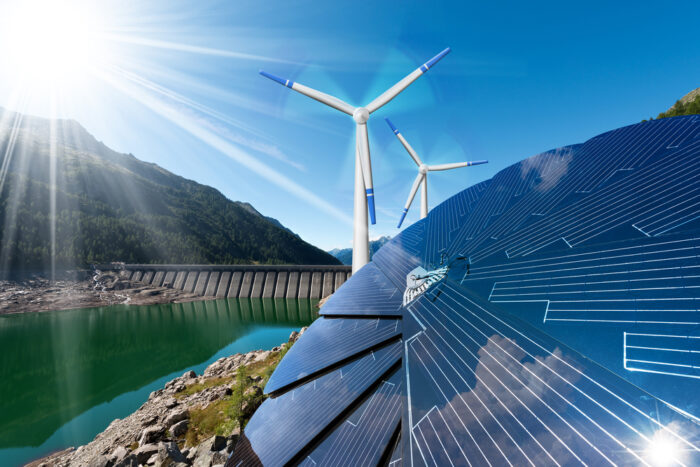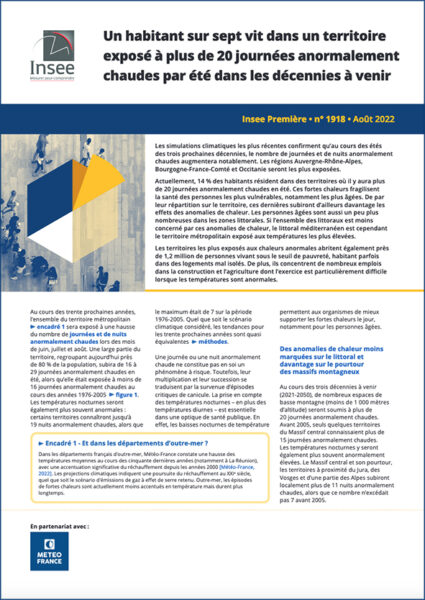There is now a massive scientific consensus around global warming and the subject is a major focus of media interest in most industrialized countries. The man-made origin of the phenomenon is also generally accepted; hence the efforts expended by those in government, the international community, environmental organizations etc. to limit its scope by acting on its main driver, greenhouse gas emissions.
It is in this context that a market in the voluntary compensation of greenhouse gas emissions has developed in recent years. This is known as the “voluntary carbon offsetting market” and consists in selling activities or projects that are supposed, in the medium or long term, to reduce greenhouse gas emissions, thereby compensating for the climatically damaging effects of the purchasers’ current activities. In other words, buyers may be said to be giving themselves a clear conscience about today’s emissions by paying for an act of emission-reduction tomorrow.
Though the principle may seem praiseworthy, on closer inspection the idea of carbon offsetting, as currently on offer, turns out to be deceptive. Augustin Fragnière demonstrates the point here with a precise analysis of the estimates and forecasts available in this field (showing how disputable the upfront emissions assessments are), and also of the spatial and temporal dimensions that are very largely concealed by the players in the carbon offsetting market. He shows, lastly, that carbon offsetting mechanisms lead to action being postponed, with an aggravation of the harm done and an increased need for action in the future as a consequence, whereas concrete initiatives to promote behavioural change in the present would have both quicker and clearer effects on the reduction of greenhouse gas emissions.
Is Carbon Offsetting an Elaborate Charade? Climate Change: the Mirage of Greenhouse Gas Emission Compensation Mechanisms
Cet article fait partie de la revue Futuribles n° 346, nov. 2008



